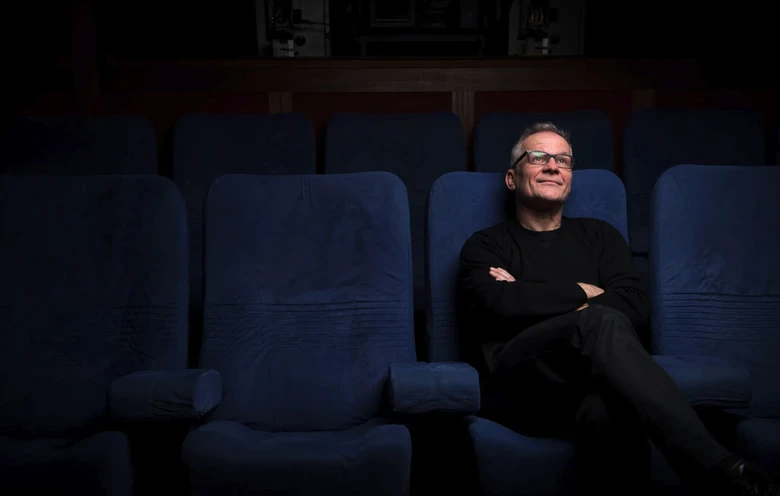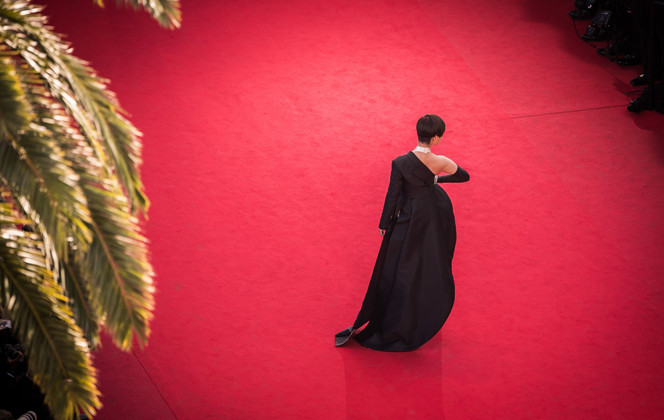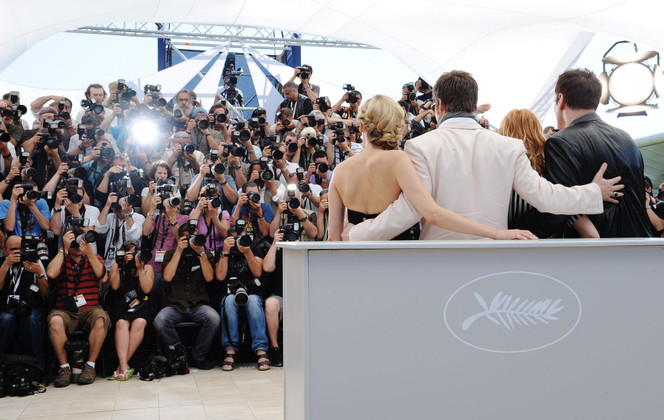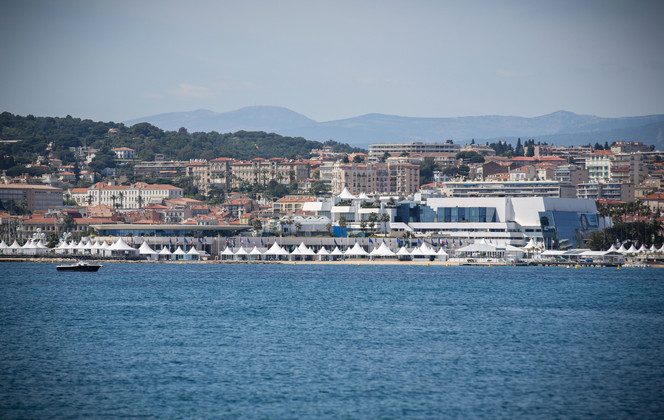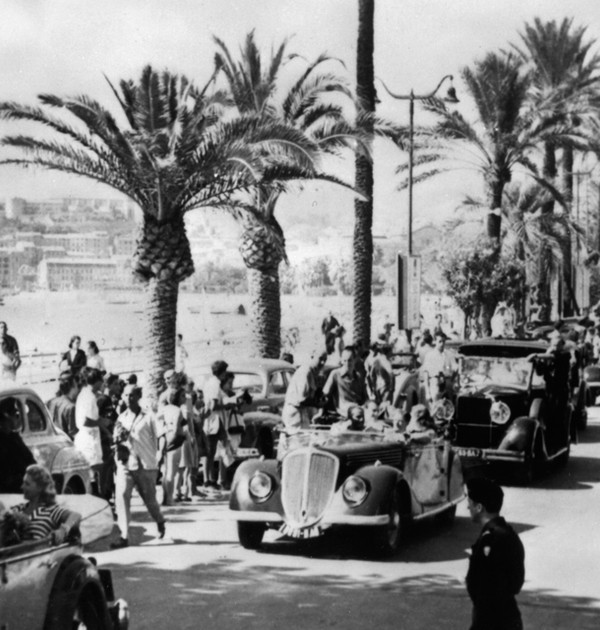In order to achieve this level of longevity, the Festival de Cannes has remained faithful to its founding purpose: to draw attention to and raise the profile of films, with the aim of contributing towards the development of cinema, boosting the film industry worldwide and celebrating cinema at an international level. And to this day, this profession of faith constitutes the first article of the Festival regulations. It is a Cannes tradition to raise a glass to household names and usher emerging directors into the international film scene’s spotlight. That’s what makes Cannes, Cannes. We always painstakingly curate our offering to ensure we showcase hidden gems alongside more mainstream films.
THE FESTIVAL TODAYInterview with Thierry Frémaux
